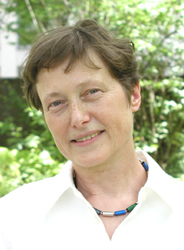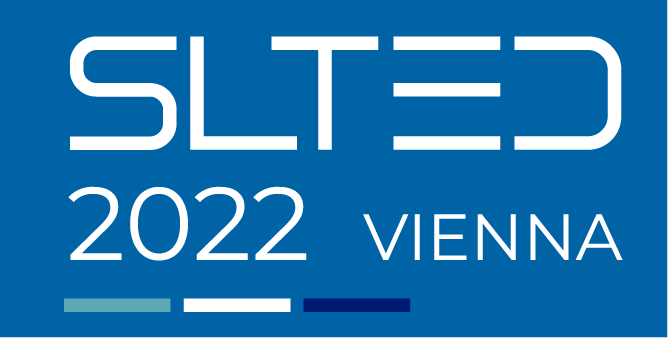Friederike Klippel

Friederike Klippel
Ludwig-Maximilians-Universität München, Germany
Educating Language Teachers - Shifting Goals, Concepts and Practices
About the Speaker
Friederike Klippel is professor emerita at LMU Munich in Germany. She initially worked as a teacher and has been involved in English language teacher education since the mid-1970s. Her research areas comprise the history of language teaching and learning, language teaching methodology, classroom research, teacher education and professional development. She has published on a wide range of ELT aspects. Her publications include Keep Talking (CUP 1984), Englischlernen im 18. und 19. Jahrhundert (1994) and co-authorship of a handbook on foreign language research methods: Forschungsmethoden in der Fremdsprachendidaktik (2016). Currently she is collaborating with Richard Smith in researching the Reform Movement in modern language teaching at the end of the 19th century.
Abstract
Languages have been taught for thousands of years. Yet, language teachers were not trained for their job before the 19th century. Taking a bird’s eye view of the relatively short history of language teacher education one can discern both the main elements and the shifts in emphasis between them over time. At each point in time the goals of language learning are linked to the concept of what constitutes a “good language teacher”, which in turn has some impact on teacher education and development. Knowledge of these shifts can help us understand the constants of language teacher education, e.g. the relationship between academic and experiential learning, a focus on the language or the person to be taught, or the extent of linguistic knowledge versus language competence. On the basis of these constants the issues of language teacher education today may be better understood and desirable future changes mapped out.
